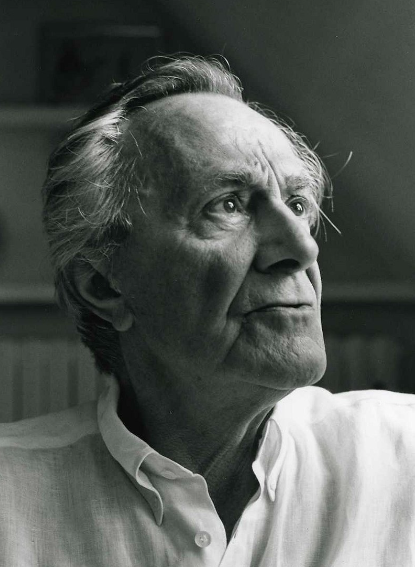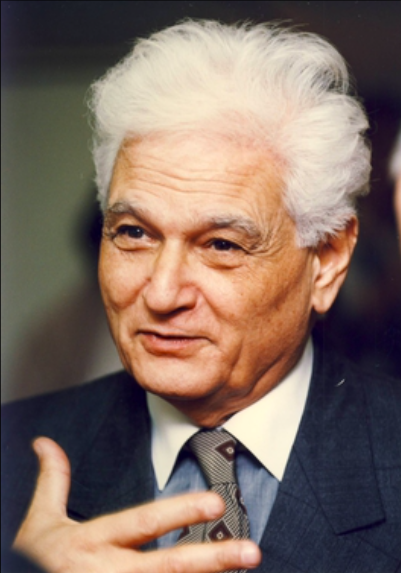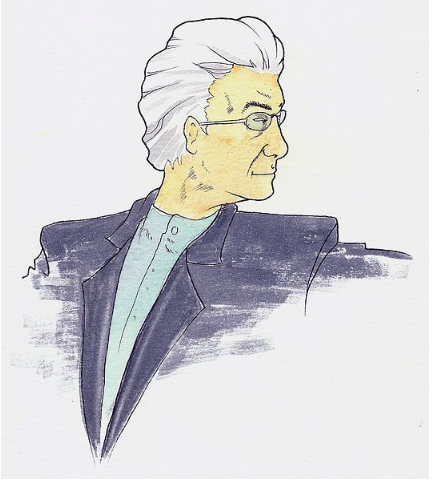French Philosophy Gems for Mental Health: Post-Modernism
In these pocket-sized articles, I’m highlighting how some key insights of great French philosophical movements articulate practical strategies for well-being, particularly for our mental health.
In this article, we’re focussing on ‘Postmodernism’. Postmodernist thought considers questioning every rule and every assumption that has gone before. It expands upon post-structuralism, which I touched on in our previous ‘Philosophy Gems‘ article, especially as both schools of thinking encourage us to ‘look again’ at supposed universal truths before just accepting them.
Earlier articles in this series:
Philosophy and Mental Health: Lessons from the French Education System
French Philosophy Gems for Mental Health: Existentialism
French Philosophy Gems for Mental Health: Structuralism and Post-Structuralism
Postmodern Philosophy

Postmodernism was popularly recognised within philosophy in the 1970s, largely stemming from the publication of a work by Jean-François Lyotard called ‘The Postmodern Condition’, although post-structuralist philosopher Jacques Derrida is often referred to as the ‘father of postmodernist thought’.


Previously the term postmodern was used largely in the visual arts, to describe a movement away from idealism, traditional mores, faith in authority and utopian visions of the future. Post-modernism provided space for scepticism, breaking all the old rules of style and ‘re-mixing’ elements of the past into new things. It is characteristic of the style to be tongue in cheek, comment or reflect even on its own components.
Postmodernist philosophy was informed by the great philosophers of the twentieth century, and indeed by all that came before it. In simplest terms, postmodernism is about questioning almost everything that many of our ancestors took for granted as unshakeable truths, both in their personal lives and broader cultures. I’m referring to fundamental notions of authority, beauty, race, class, gender, power, religion and art – ideas about which have shifted, and continue to shift greatly in our time. Albeit it seems like general attitudes sometimes take a step forward into something new, only to take two steps back into the past again!
Postmodern Thinking and Mental Health

The work of psychotherapists, particularly Jacques Lacan, contributed greatly to postmodern philosophy. What could be more in step with the goals and methods of psychological therapy than a philosophy that examines the past and devises a more original and liberated present and future? Let’s draw out some key aspects of postmodern thought that particularly support mental health and well-being.
Understanding the Interplay of the Conscious and Unconscious
Lacan reinterpreted much of the work of psychiatrist Sigmund Freud, writing about how the unconscious and conscious mind are in constant dialogue, interchanging their differently encoded information. Lacan emphasised how the unconscious mind plays a complex and detailed role in our lives, but is sometimes difficult to hear as if it speaks a different language.
Lacan’s postmodern take on Freud contributed greatly to the evolution of modern therapies that consider the flow between different parts of a person’s personality – conscious and less conscious. He helped us to understand the layers and complexity of the inner forces within us. For example, sometimes we discover we are at odds with ourselves, engaging in self-defeating behaviours like self-criticism or procrastination.
Recognising we are working against ourselves, and then unearthing clues as to what those behaviours are potentially attempting to achieve or defend us from, are the first steps in becoming happier and more at ease. A deep understanding of ourselves allows us to get all the parts of ourselves on board with our goals in life, becoming our own dear friend, instead of our own worst enemy.
Post-modernism and the Courage to Change
This deep questioning characteristic of postmodern thinking is intrinsic to drawing out insights to enable growth, change and healing. Asking the right questions to unlock insights is the crux of all good therapy and personal development. Postmodernism shakes up the status quo and that’s what we sometimes must do with our mindsets and beliefs. Sometimes our perceived limitations need to be interrogated courageously because we know deep down that the answers we arrive at might mean everything changes, and that’s scary.
Prioritising Personal Experience
Often our families of origin have much to pass down to us of great value, but in most families, there are also some things we don’t want to do the way our ancestors did them. Postmodern thought emphasises our individual experience over broad cultural or traditional narratives we’ve inherited, shaking up and remixing the old, both in the way we live and the way we think.
Sidelining Cultural Norms that Don’t Serve You
Postmodernism looks for new, sometimes novel ways to repurpose and find original perspectives and solutions. It rejects a one-size-fits-all approach to life that forces people to be other than how they want to be and acknowledges there are multiple lenses through which to view absolutely anything.
Andy Warhol and David Hockney, both postmodern artists, frequently bust traditional elements of style and societal norms. ‘Les Espaces D’Abraxas‘ in Noisy Le Grand, 12km from central Paris are an example of postmodern architecture that aimed to revolutionise public housing for the future, drawing strongly on classical elements but making them new.

Post-Moderism and Freedom of Thinking
More than anything, postmodernism opened up a greater possibility for freedom of thinking and creativity. Many people and societies no longer unquestioningly accept or choose to live by universal truths, constructed long ago to create greater feelings of security and certainty.
However, the most personal and profound application of postmodernist questioning, and remixing of old constructs, beliefs and limitations, always takes place within our own minds and hearts. That’s where all meaningful change begins and radiates outwards to influence the world.
Are you familiar with Post-Modernism? Do you have thoughts and experiences to share? Please do so in the comments below.
Image credits
1. By Elliot Paris via Unsplash
2. Jean-François Lyotard by Bracha L. Ettinger via Wikipedia
3. Jacques Derrida by unknown via Wikipedia
4. Jaques Lacan via Wiki-Commons
5. ‘Les Espaces D ’Abraxas’ in Noisy Le Grand by Hannah Reding via Tripadvisor






